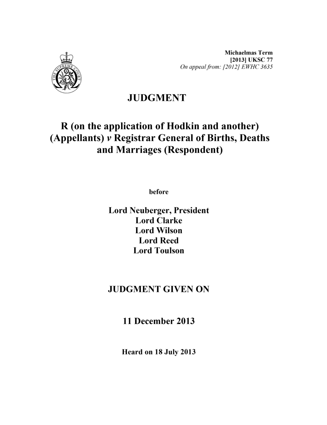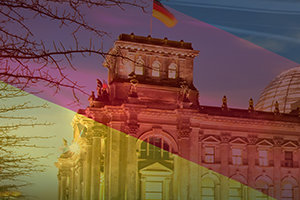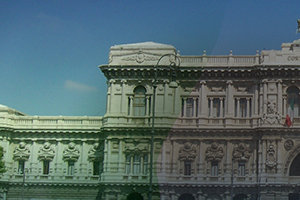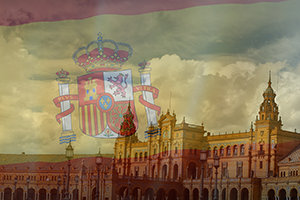For religious groups in the United Kingdom, other than the Church of England, Jews and Quakers, a religious wedding ceremony may only occur in a building that is registered as a place of worship under the Places of Worship Registration Act 1855.
When a parishioner of the Church of Scientology failed to persuade the Registrar General to register the London Church of Scientology chapel so that she could be married there, she applied to judicially review that decision.
Eventually the Supreme Court of the United Kingdom, recognizing Scientology as a religion, ruled that the London Church of Scientology chapel “is a place of meeting for religious worship within section 2 of the Places of Worship Registration Act.” The Supreme Court accordingly ordered that the Scientology chapel be registered by the Registrar General as a place of worship and as a place for the solemnization of marriages. Thus Scientology gained full religious recognition in this country.
In reaching its judgment, the Court reviewed the definition of religion used in the Places of Worship Registration Act 1855.
At paragraph 57 of the Supreme Court’s judgment, religion is defined as follows:
“A spiritual or non-secular belief system, held by a group of adherents, which claims to explain mankind’s place in the universe and relationship with the infinite, and to teach its adherents how they are to live their lives in conformity with the spiritual understanding associated with the belief system.”
Based on this definition, the United Kingdom Supreme Court determined:
“On the approach I have taken to the meaning of religion, the evidence is amply sufficient to show that Scientology is within it.”
The Court interpreted (at paragraph 62) religious worship as including any “religious services,” and ruled (at paragraph 65) that the London Church of Scientology chapel “is a place of meeting for religious worship within section 2 of the Places of Worship Registration Act.” The Supreme Court accordingly ordered that the Scientology chapel be registered as a place of worship and as a place for the solemnization of marriages.
Scientology’s religious bona fides have been officially recognized by a number of governmental agencies and public authorities in the United Kingdom:
- HM Customs and Excise, which classifies the Church as a religious organization.
- Inland Revenue, which ruled that Church staff serve out of a religious commitment rather than financial award.
- The Office of National Statistics, which classifies Scientology as a religion.
- The Independent Television Commission, which has declared the Church to be an acceptable religious advertiser on British television.
- The Radio Authority, which also has declared the Church to be an acceptable religious advertiser on British radio.
- The Ministry of Defence, which has officially recognized the Scientology religion in the Royal Navy.
- The Religious Resource and Research Centre of the University of Derby, which describes Scientology as a religion under the United Kingdom Human Rights Act.
- The City of Westminster Finance Department, which holds that the Church of Scientology qualifies as a charity “with purposes beneficial to the community.”
- The Department of Trade and Industry, which published Explanatory Notes for the Employment Equality (Religion or Belief) Regulations describing Scientology as a religion recognized by the European Court of Human Rights.
- The City of London, which granted the Church of Scientology of London property-tax exemption in 2006 on the grounds that the Church of Scientology is “an institution or other organization established for charitable purposes only” and that its property is “wholly or mainly used for charitable purposes.”

“I … declare that the chapel at 146 Queen Victoria Street is a place of meeting for religious worship.”





